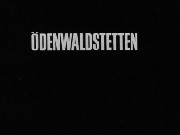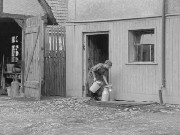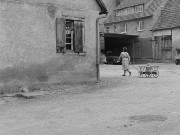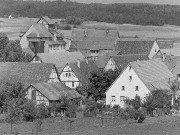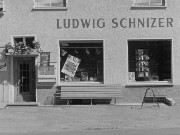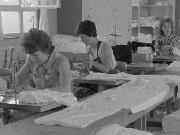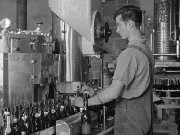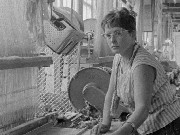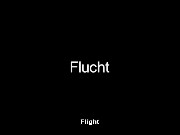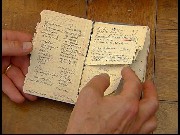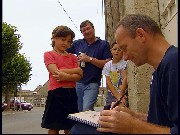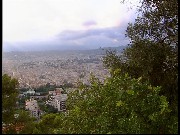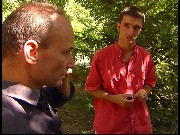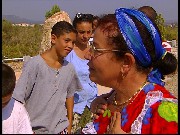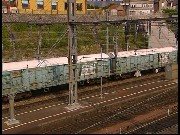Peter Nestler: 9 Films 1962-2009 2 x DVD9
on October 29th, 2021 at 06:54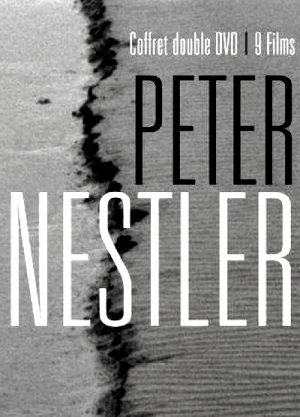
Admired by the likes of Jean-Marie Straub and Harun Farocki, Peter Nestler was one of the most important filmmakers to emerge from postwar Germany. From his early films about the changing realities of rural and industrial areas in Germany and the UK, to his work for Swedish television, Nestler has remained a precise observer of the poetry and politics of labor, crafting meticulous portraits of industrial processes, working conditions, and workers themselves, as well as the background of struggle and oppression against which the era’s proletariat toiled. A vigorous yet nuanced opponent of fascism, an excavator of lost histories and a masterful formalist whose works are rich with a materiality all their own, Nestler has spent five decades chronicling how things get made, whether in a factory or at the level of ideology.
Nestler’s films are beyond documentaries. He is not engaging in mere journalism. Nor are these films essays, whereby Nestler expounds on working class life or the ravishing changes of industry.
Rather, Nestler is a kind of poet connecting the dots between environmental shifts and the resilience of human beings. Whether it is the innocence of schoolchildren, or the contemplative suffering of community elders, Nestler presents us with the enduring joy of the human heart.

2xDVD9 | PAL | 330 minutes | 14.1 Gb + 3% rec
Language: Deutsch
Subtitles: English, Francais
Genre: Documentary, Short
Rivers and waterways have always played an important role in Peter Nestler's film. In "By the Dike Sluice", Peter Nestler's first film, life in a small seaside village is unusually described from the perspective of an old dike sluice.
The early film "Essays" is a poetic document of the daily routine of a rural primary school in the small village of Reid, Switzerland, told through the children's own words and voices.
"Mulheim/Ruhr" is a short film without dialogue, edited to music and the rhythms of change in this particular town in the Ruhr region.
"Odenwaldstetten" describes the changes brought by industrialisation to a Swabian village in the 1960s, thus evoking the entire country's transformation.
Highlighting the musicality of much of his work, "A Working Men's Club in Sheffield" is Nestler’s song of praise to the working class, depicting the hard work and leisure time of those gathering at the Dial House Working Men's Club in Sheffield.
Just as urgent today as it was when it was made during the Greek political crisis of 1965, "From Greece" looks back at the anti-fascist struggle and resistance in the 1940s as a warning against the re-emergence of fascism.
"Being Gypsy" is one of Peter and Zsoka Nestler's most important works. The film uncovers the history of the Roma and Sinti in Germany under Nazism and their continued persecution after the war.
"Flight": Jewish painter Leopold Mayer / Leo Maillet, on the run from the Gestapo and the Vichy police during WWII, takes refuge in the south of France. His son, Daniel, also a painter, tries to follow his traces almost 40 years later.
Peter Nestler's most recent film is "Death and Devil", a critical reflection on the life of his grandfather, an early 20th century explorer, ethnographer and Nazi sympathiser.
